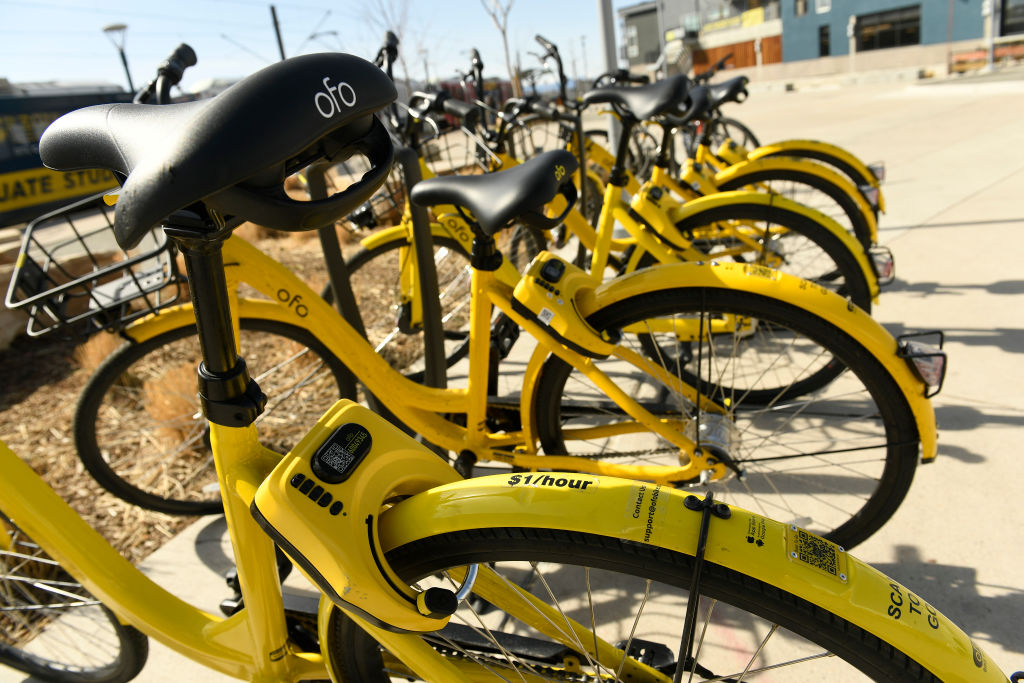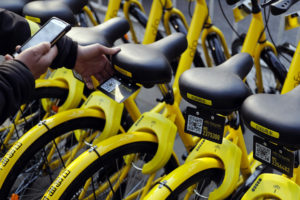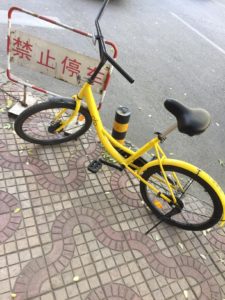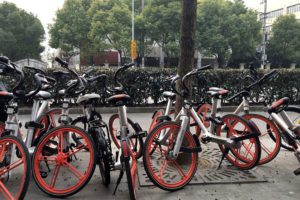15 million former Ofo users still waiting for their deposit refunds
Once the world's biggest bike-sharing company, Ofo remains buried under lawsuits and debt.

Remember Ofo?
Founded in 2015, this Chinese startup once operated the world’s largest bike-sharing service. In its heyday, the Beijing-based firm ran over 10 million bicycles in 250 cities and 20 countries. Its backers included Ant Financial and Didi Chuxing, and the company was valued north of $2 billion.
But it ran out of money in 2018, and its financial problems have remained unresolved to this day.
The Phoenix Weekly reported (in Chinese) today that as of July 25, 227 lawsuits filed against Ofo have been put on a freeze because the company has no assets to pay the massive debts it owes to customers and suppliers.
As shown on its app, which is still available despite having become an ecommerce platform, there are more than 15 million users waiting in line to get their deposits back. According to an old customer who has been observing Ofo’s refunding process closely, at the end of 2018, when the startup first found itself in dire financial straits, it used to issue deposit refunds to around 20,000 users daily. But now, judging by the speed at which he moves up the queue, the customer estimated that the daily average number of users to receive a refund is down to around 10.
Suppliers who once worked with Ofo are in no better position. A bicycle manufacturing company told the news publication that Ofo broke its 8 million yuan ($1.1 million) contract in 2017 after it started production. In 2018, a Beijing court ordered Ofo to pay the company 3.4 million yuan ($500,000) for its breach of contract, but that never materialized.
Some former employees have their own claims, too. According to someone who was laid off by Ofo earlier this year, he hasn’t received his severance package, and he knows a number of former coworkers in the same boat.
In an effort to understand Ofo’s current financial situation, journalists with the Phoenix Weekly visited several office locations listed on Ofo’s website. But none of them were in operation.





